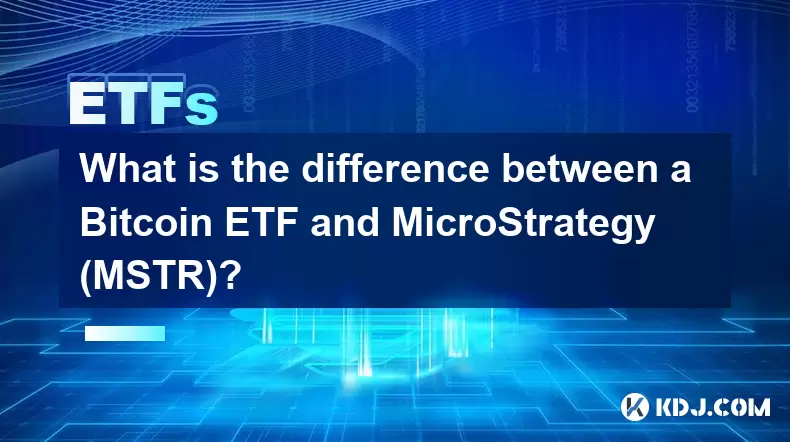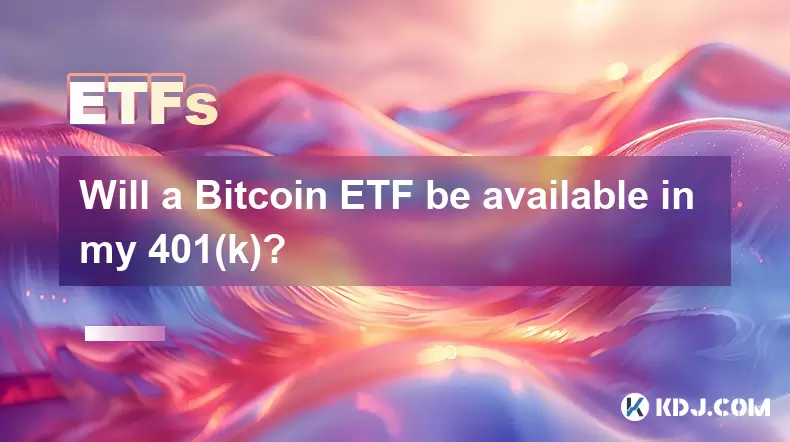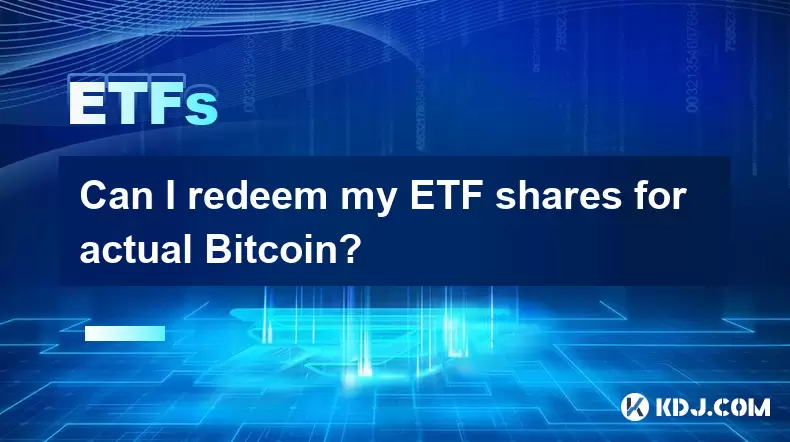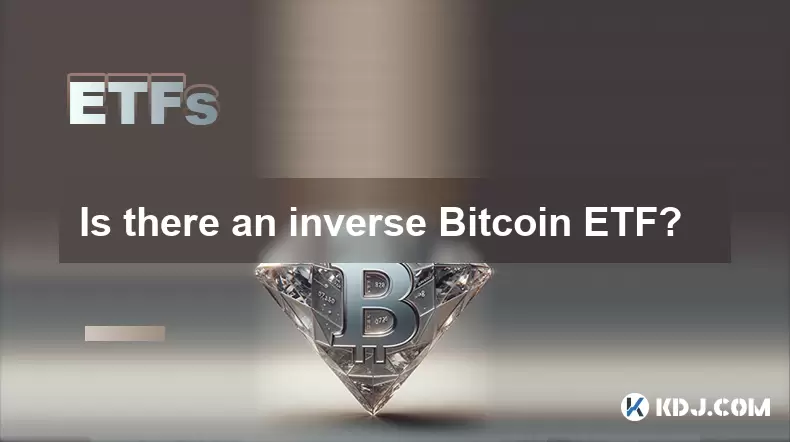-
 Bitcoin
Bitcoin $118,698.3676
0.16% -
 Ethereum
Ethereum $3,428.4877
5.97% -
 XRP
XRP $3.2496
9.52% -
 Tether USDt
Tether USDt $1.0002
0.00% -
 BNB
BNB $725.6930
4.36% -
 Solana
Solana $174.8923
4.52% -
 USDC
USDC $0.9997
-0.02% -
 Dogecoin
Dogecoin $0.2139
6.02% -
 TRON
TRON $0.3155
4.62% -
 Cardano
Cardano $0.8045
7.12% -
 Hyperliquid
Hyperliquid $46.6582
-1.72% -
 Stellar
Stellar $0.4676
0.80% -
 Sui
Sui $4.0143
0.38% -
 Chainlink
Chainlink $17.1546
2.97% -
 Hedera
Hedera $0.2458
3.27% -
 Bitcoin Cash
Bitcoin Cash $496.5967
-0.06% -
 Avalanche
Avalanche $22.8813
3.13% -
 Shiba Inu
Shiba Inu $0.0...01439
3.42% -
 UNUS SED LEO
UNUS SED LEO $8.8389
0.42% -
 Toncoin
Toncoin $3.2113
2.82% -
 Litecoin
Litecoin $101.2646
4.24% -
 Polkadot
Polkadot $4.2262
2.32% -
 Monero
Monero $340.4295
2.92% -
 Pepe
Pepe $0.0...01365
2.92% -
 Uniswap
Uniswap $8.9702
-2.78% -
 Bitget Token
Bitget Token $4.7675
2.00% -
 Dai
Dai $0.9998
-0.02% -
 Ethena USDe
Ethena USDe $1.0003
-0.04% -
 Aave
Aave $324.6394
-2.11% -
 Bittensor
Bittensor $433.6051
-0.88%
What is the difference between a Bitcoin ETF and MicroStrategy (MSTR)?
A Bitcoin ETF offers regulated, convenient exposure to Bitcoin’s price without direct ownership, while investing in MicroStrategy (MSTR) ties returns to both Bitcoin’s performance and the company’s business operations.
Jul 18, 2025 at 03:36 am

Understanding the Concept of a Bitcoin ETF
A Bitcoin Exchange-Traded Fund (ETF) is an investment vehicle that allows investors to gain exposure to Bitcoin without directly owning the cryptocurrency. These funds are typically designed to track the price of Bitcoin and trade on traditional stock exchanges, making them accessible to a wide range of investors who may not be comfortable with the technical aspects of buying and storing digital assets.
One of the key features of a Bitcoin ETF is its regulatory oversight, which ensures compliance with financial market standards. Unlike direct ownership of Bitcoin, where private keys and wallet management are required, investing in a Bitcoin ETF offers convenience and familiarity for traditional investors.
The structure of a Bitcoin ETF often involves holding physical Bitcoin or Bitcoin futures contracts, depending on the fund’s design. This provides investors with indirect exposure to the asset while mitigating some of the risks associated with self-custody.
What Is MicroStrategy (MSTR)?
MicroStrategy (MSTR) is a publicly traded company that has gained significant attention for its substantial investments in Bitcoin. Originally known as a business intelligence software provider, MicroStrategy began purchasing Bitcoin in 2020 as part of its corporate treasury strategy.
Unlike a Bitcoin ETF, MicroStrategy does not offer direct exposure to Bitcoin alone; instead, it combines Bitcoin holdings with its core business operations. Investors buying shares of MSTR are essentially investing in the company itself, which holds Bitcoin as part of its balance sheet.
The value of MSTR stock is influenced by both the performance of its software business and the fluctuating price of Bitcoin, making it a more complex investment vehicle compared to a dedicated Bitcoin ETF.
Structural Differences Between Bitcoin ETFs and MicroStrategy
Investment Exposure: A Bitcoin ETF is specifically designed to mirror the price movements of Bitcoin, offering a one-to-one correlation. In contrast, MicroStrategy’s stock price reflects both the value of its Bitcoin holdings and the operational performance of its enterprise software business.
Regulatory Framework: Bitcoin ETFs must undergo rigorous approval processes from regulatory bodies such as the U.S. Securities and Exchange Commission (SEC). MicroStrategy, being a public company, is already subject to SEC regulations but does not require additional approval for holding Bitcoin.
Asset Composition: While a Bitcoin ETF primarily contains Bitcoin or derivatives linked to Bitcoin, MicroStrategy’s portfolio includes Bitcoin alongside cash reserves, debt instruments, and equity holdings tied to its corporate activities.
Liquidity and Trading Mechanism: Bitcoin ETFs can be bought and sold like stocks during trading hours, offering real-time liquidity. Similarly, MSTR shares are also liquid, but their valuation is not solely dependent on Bitcoin’s price.
Risk and Volatility Considerations
Bitcoin ETFs generally exhibit volatility that aligns closely with the price of Bitcoin, assuming they are physically backed. This makes them suitable for investors seeking pure-play exposure to Bitcoin’s price action without the complexities of managing digital wallets.
In contrast, MicroStrategy’s stock carries additional risk factors unrelated to Bitcoin, including market demand for its software products, management decisions, and financial leverage. For instance, if Bitcoin’s price rises sharply but MicroStrategy reports poor quarterly earnings, the stock might not perform as expected.
Another important distinction lies in the potential for dilution. MicroStrategy has issued new shares in the past to finance its Bitcoin purchases, which could dilute existing shareholders’ equity. Bitcoin ETFs, on the other hand, typically do not engage in share issuance that affects investor value in the same way.
Use Cases and Investor Profiles
For Institutional Investors: Bitcoin ETFs provide a streamlined way to include Bitcoin in portfolios without dealing with custody solutions. They also allow for easier hedging strategies using options and futures markets.
For Retail Investors: Both Bitcoin ETFs and MicroStrategy offer accessible entry points into the cryptocurrency space. However, those preferring a more diversified risk profile might lean toward MSTR, while those wanting pure Bitcoin exposure may opt for the ETF.
Tax Implications: Depending on jurisdiction, Bitcoin ETFs may be taxed differently than holding individual stocks like MSTR. It’s crucial for investors to consult with tax professionals to understand how these investments will affect their liabilities.
Portfolio Allocation: Investors looking to allocate a specific percentage of their portfolio to Bitcoin may find ETFs more precise. Those open to mixed exposure through a corporate entity might prefer MicroStrategy.
Operational Mechanics: How Each Vehicle Functions
Bitcoin ETFs: These funds operate under custodial arrangements where the sponsor stores the underlying Bitcoin securely. The ETF issues shares based on investor demand, and redemption mechanisms ensure that the fund’s net asset value (NAV) stays close to the spot price of Bitcoin.
MicroStrategy: The company acquires Bitcoin through direct purchases on exchanges or over-the-counter trades. These holdings are reflected on its balance sheet and reported periodically. Shareholders indirectly own a portion of this Bitcoin, but it remains on MicroStrategy’s books rather than being segregated for individual investors.
Custody and Security: Bitcoin ETFs often use institutional-grade custodians like Coinbase or Gemini to store assets. MicroStrategy uses third-party custodians as well, but its Bitcoin is held for corporate purposes rather than for individual shareholder accounts.
Transparency and Reporting: ETFs regularly disclose their holdings, allowing investors to verify Bitcoin reserves daily. MicroStrategy discloses its Bitcoin holdings in quarterly filings, providing transparency albeit less frequently than ETFs.
Frequently Asked Questions
1. Can I redeem Bitcoin ETF shares for actual Bitcoin?
No, most Bitcoin ETFs do not allow retail investors to redeem shares for physical Bitcoin. Redemption is typically reserved for authorized participants in the creation and redemption process.
2. Does MicroStrategy pay dividends to its shareholders?
As of now, MicroStrategy does not pay dividends. The company has focused on reinvesting profits and acquiring more Bitcoin rather than distributing earnings to shareholders.
3. Are Bitcoin ETFs available globally or only in certain countries?
Bitcoin ETFs have launched in several jurisdictions, including Canada, Europe, and parts of Asia. In the United States, the SEC has been cautious, and no spot Bitcoin ETF had been approved at the time of writing.
4. What happens to MicroStrategy’s Bitcoin if the company goes bankrupt?
In the event of bankruptcy, MicroStrategy’s Bitcoin would be considered part of the company’s assets and could be liquidated to satisfy creditors. Shareholders would likely receive little to nothing after debts are settled.
Disclaimer:info@kdj.com
The information provided is not trading advice. kdj.com does not assume any responsibility for any investments made based on the information provided in this article. Cryptocurrencies are highly volatile and it is highly recommended that you invest with caution after thorough research!
If you believe that the content used on this website infringes your copyright, please contact us immediately (info@kdj.com) and we will delete it promptly.
- Maharashtra Government Nurses Launch Indefinite Strike: A Healthcare Crisis?
- 2025-07-18 04:30:13
- Hilbert Group, Syntetika, and Tokenization: Bridging DeFi and Institutional Finance
- 2025-07-18 05:30:12
- Crypto Regulation in the US House: Decoding the CLARITY Act and What It Means for You
- 2025-07-18 04:30:13
- Superman Soars on Coins and Medals: A Collector's Guide to Comic Art Treasures
- 2025-07-18 05:30:12
- Bitcoin Whale Wallets in Motion: What's the Buzz?
- 2025-07-18 05:35:13
- Pepeto, Dogecoin, Popcat: Meme Coin Mania in 2025!
- 2025-07-18 05:50:12
Related knowledge

What is the best platform to trade Bitcoin ETFs?
Jul 17,2025 at 03:50pm
Understanding Bitcoin ETFs and Their Role in the MarketBitcoin Exchange-Traded Funds (ETFs) are investment vehicles that track the price of Bitcoin wi...

Will a Bitcoin ETF be available in my 401(k)?
Jul 17,2025 at 10:42pm
What is a Bitcoin ETF?A Bitcoin ETF (Exchange-Traded Fund) is an investment vehicle that tracks the price of Bitcoin without requiring investors to di...

Who is the authorized participant for a Bitcoin ETF?
Jul 18,2025 at 12:42am
Understanding the Role of Authorized Participants in Bitcoin ETFsIn the context of Bitcoin Exchange-Traded Funds (ETFs), an authorized participant (AP...

Can I redeem my ETF shares for actual Bitcoin?
Jul 17,2025 at 03:14pm
Understanding ETF Shares and Their Relation to BitcoinExchange-Traded Funds (ETFs) have become a popular investment vehicle for those looking to gain ...

Can retail investors buy Bitcoin ETFs?
Jul 17,2025 at 12:50pm
What is a Bitcoin ETF?A Bitcoin Exchange-Traded Fund (ETF) is an investment vehicle that tracks the price of Bitcoin and trades on traditional stock e...

Is there an inverse Bitcoin ETF?
Jul 18,2025 at 01:14am
What is an Inverse Bitcoin ETF?An inverse Bitcoin ETF refers to an exchange-traded fund that aims to deliver the opposite of Bitcoin's daily performan...

What is the best platform to trade Bitcoin ETFs?
Jul 17,2025 at 03:50pm
Understanding Bitcoin ETFs and Their Role in the MarketBitcoin Exchange-Traded Funds (ETFs) are investment vehicles that track the price of Bitcoin wi...

Will a Bitcoin ETF be available in my 401(k)?
Jul 17,2025 at 10:42pm
What is a Bitcoin ETF?A Bitcoin ETF (Exchange-Traded Fund) is an investment vehicle that tracks the price of Bitcoin without requiring investors to di...

Who is the authorized participant for a Bitcoin ETF?
Jul 18,2025 at 12:42am
Understanding the Role of Authorized Participants in Bitcoin ETFsIn the context of Bitcoin Exchange-Traded Funds (ETFs), an authorized participant (AP...

Can I redeem my ETF shares for actual Bitcoin?
Jul 17,2025 at 03:14pm
Understanding ETF Shares and Their Relation to BitcoinExchange-Traded Funds (ETFs) have become a popular investment vehicle for those looking to gain ...

Can retail investors buy Bitcoin ETFs?
Jul 17,2025 at 12:50pm
What is a Bitcoin ETF?A Bitcoin Exchange-Traded Fund (ETF) is an investment vehicle that tracks the price of Bitcoin and trades on traditional stock e...

Is there an inverse Bitcoin ETF?
Jul 18,2025 at 01:14am
What is an Inverse Bitcoin ETF?An inverse Bitcoin ETF refers to an exchange-traded fund that aims to deliver the opposite of Bitcoin's daily performan...
See all articles

























































































